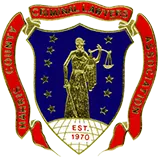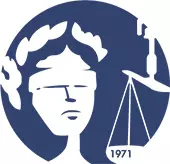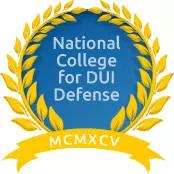Everyone makes mistakes, but when those mistakes are made by a Texas police officer, the consequences may well result in damaging charges that could have a lasting effect on your future. If you have been arrested for a DWI and the officer who stopped you did not follow proper protocol, you may have a chance for your charges to be dropped.
Officers are not permitted to stop anyone they choose, they must have reasonable suspicion to suspect a person is committing a crime or actual probable cause by observing a traffic offense being committed. The officer should look for signs of drunk driving before pulling the driver over. In the state of Texas, reasonable suspicion and probable cause do not always need to be witnessed by the officer who stops you, but can be reported by citizens, anonymous tips, or dispatches from the police station.
Examples of probable cause include:
- Swerving or weaving
- Speeding
- Violating traffic laws
- Reckless or erratic driving
- Driving too slowly
- Driving without headlights
- Near-collisions
If the driver does not exhibit any of these signs, it is possible the officer committed an unlawful stop. Officers are bound by the law to defend and protect the rights of Texas citizens, so cherry picking or profiling suspected drunk drivers is not enough reason to pull them over.
Sometimes events that may prove to have more intoxicated drivers, such as sporting events, outside of bars, etc., are not probably cause either. The area, date, or circumstances are not reason enough for a stop. If you are able to prove that the stop was unlawful, your charges could be dropped.
Whether you refused to take a breath or blood test, or you failed your tests, if your stop was unlawful you could argue that the evidence was collected illegally and should therefore be thrown out of your case.
To learn more about unlawful police stops, and whether or not your DWI stop was valid, contact Tyler Flood & Associates.









